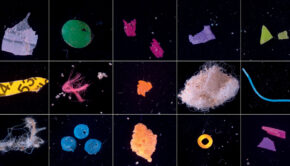
The impacts of microplastics on human health
May 7, 2024 5:09 pmStudies using different cell cultures show that microplastics can cause structural and inflammatory lesions

Studies using different cell cultures show that microplastics can cause structural and inflammatory lesions
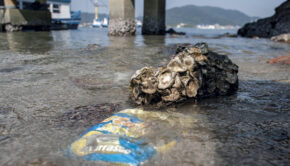
The Santos estuary is one of the locations that suffers most from microplastic waste, which has been found on the beach, in the water, and at the bottom of the sea, from Pará to Rio Grande do Sul
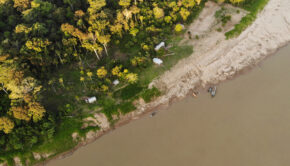
Impacts on animal populations are greater within five kilometers of human communities
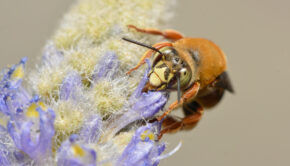
The pollinating insects are estimated to have appeared 120 million years ago on the Western Gondwana supercontinent, formed by what is currently South America and Africa
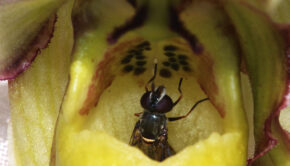
Specialized structures guide flies through passages where the insect exchanges pollen between flowers
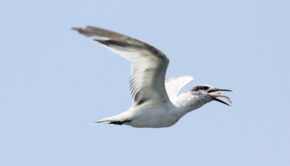
Pathogen obtained from a dead bird in Espírito Santo is genetically similar to the one circulating in the two neighboring South American countries
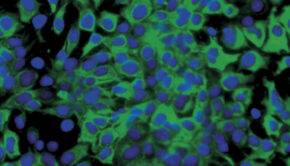
The disease vector arrived in the country’s southeast two to three years earlier than previously thought

Nonpharmaceutical interventions helped reduce the impact of COVID-19

Independent experiments have been unable confirm the claims that, even outside controlled conditions, the materials are capable of transmitting electricity without energy loss
Data measures inclusion in university and higher education for young adults

Website that allows users to make anonymous comments on scientific articles has established itself as a platform for reporting ethical misconduct
Ethics Committee launches document to combat the proliferation of special journal issues
Australian cancer research center faces melanoma study misconduct case
Annual Report shows that FAPESP increased funding in 2022 and sought to recover from losses caused by the pandemic

In its seventh edition, the USP knowledge competition exclusively for students from the state education system has a record number of registrations and seeks to encourage young undergraduate students
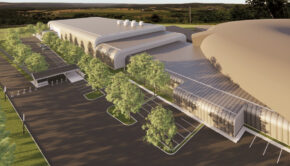
Federal government includes six projects of interest to scientific community in Growth Acceleration Plan

Married meteorologists discuss how studies on the atmosphere in the Amazon have strengthened Brazilian climate science and warn about the challenges ahead

Low salaries, lack of structure in schools, and absence of social appreciation damage interest in the career

Policies designed to improve the attractiveness of a teaching career and reformulate curriculums aim to reverse the teacher shortages in Brazilian primary education
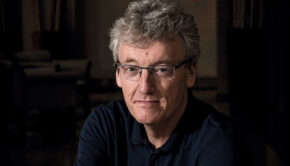
Chemist won the Nobel Prize in 2021 for important innovations in the pharmaceutical industry
Increasingly widespread use of antibiotics fosters the appearance of resistant bacteria, defying science and health systems | 5'13

Microscopic view of fungi cultivated by leafcutter ants allows us to understand how they grow from leaves

Philosopher and anthropologist Janaína Damaceno studies audiovisual materials and investigates photographic archives of the struggle against racism

A review of the origins of Brazil’s pension system offers insight into present-day dilemmas

José Murilo de Carvalho reinvigorated the study of the elite and citizenship in Brazil

Agricultural engineer Joaquim José de Camargo Engler was dean of ESALQ and FAPESP
The writer with a contradictory personality also dedicated himself to cinema and theater

Institution created in 1973 to house the Getúlio Vargas archive wants to expand the involvement of women and seeks new forms of classification
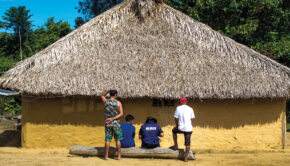
Due to methodological changes, more advanced technology, and increased levels of self-declaration, survey shows that traditional peoples have experienced a process of rebirth

Researchers develop boots, gloves, and special fabrics that can generate heat, recharge smartphones, and even morph into touchscreens